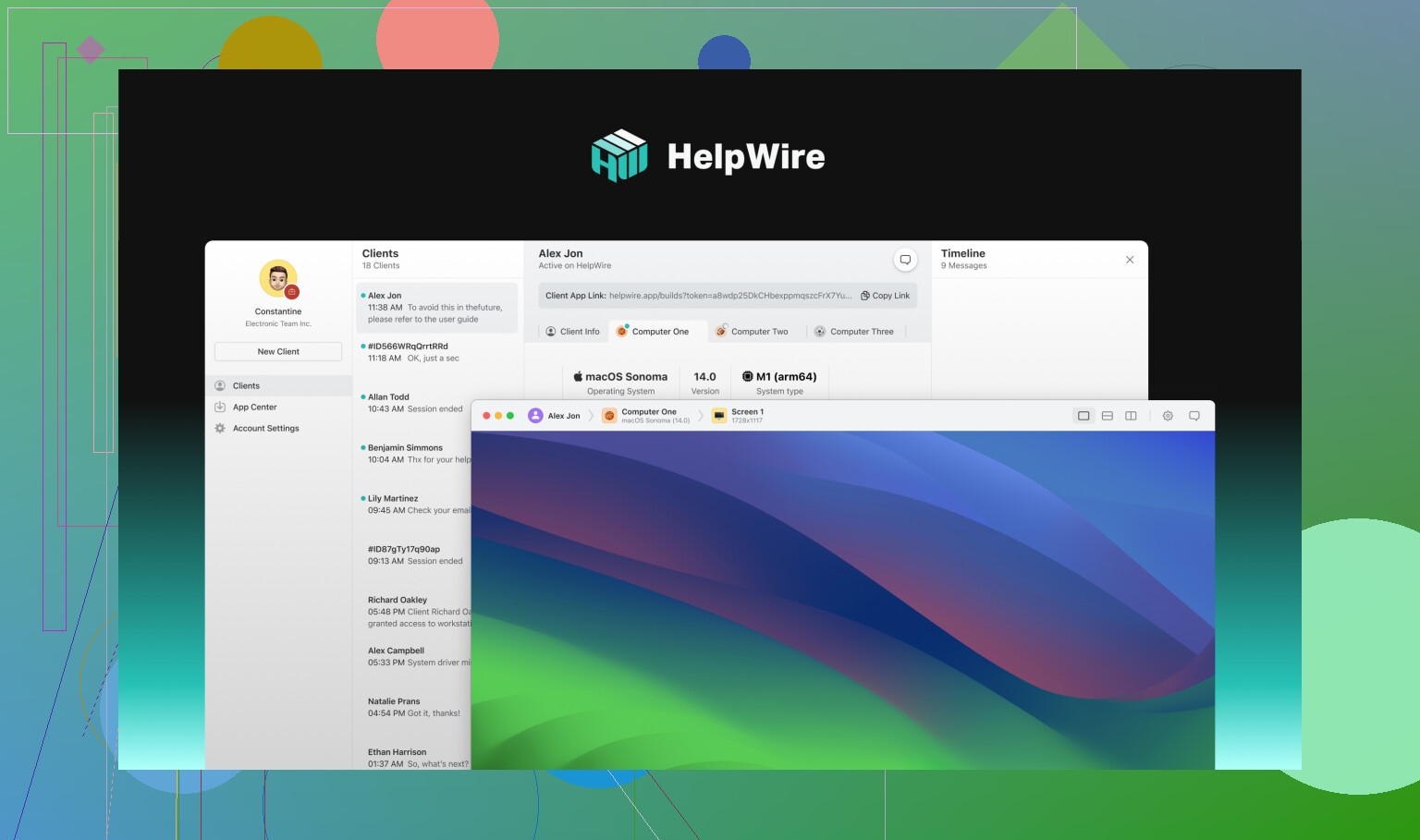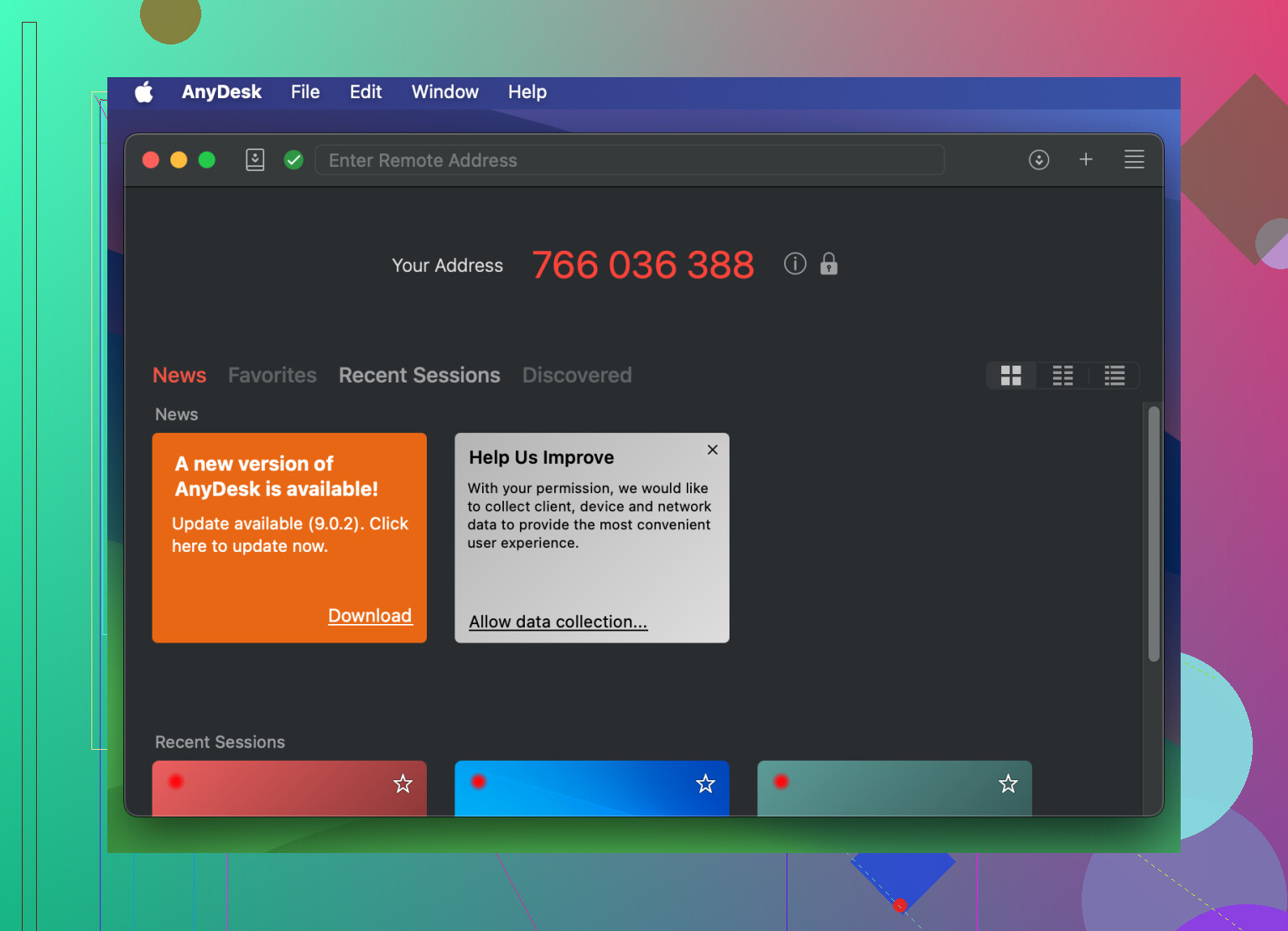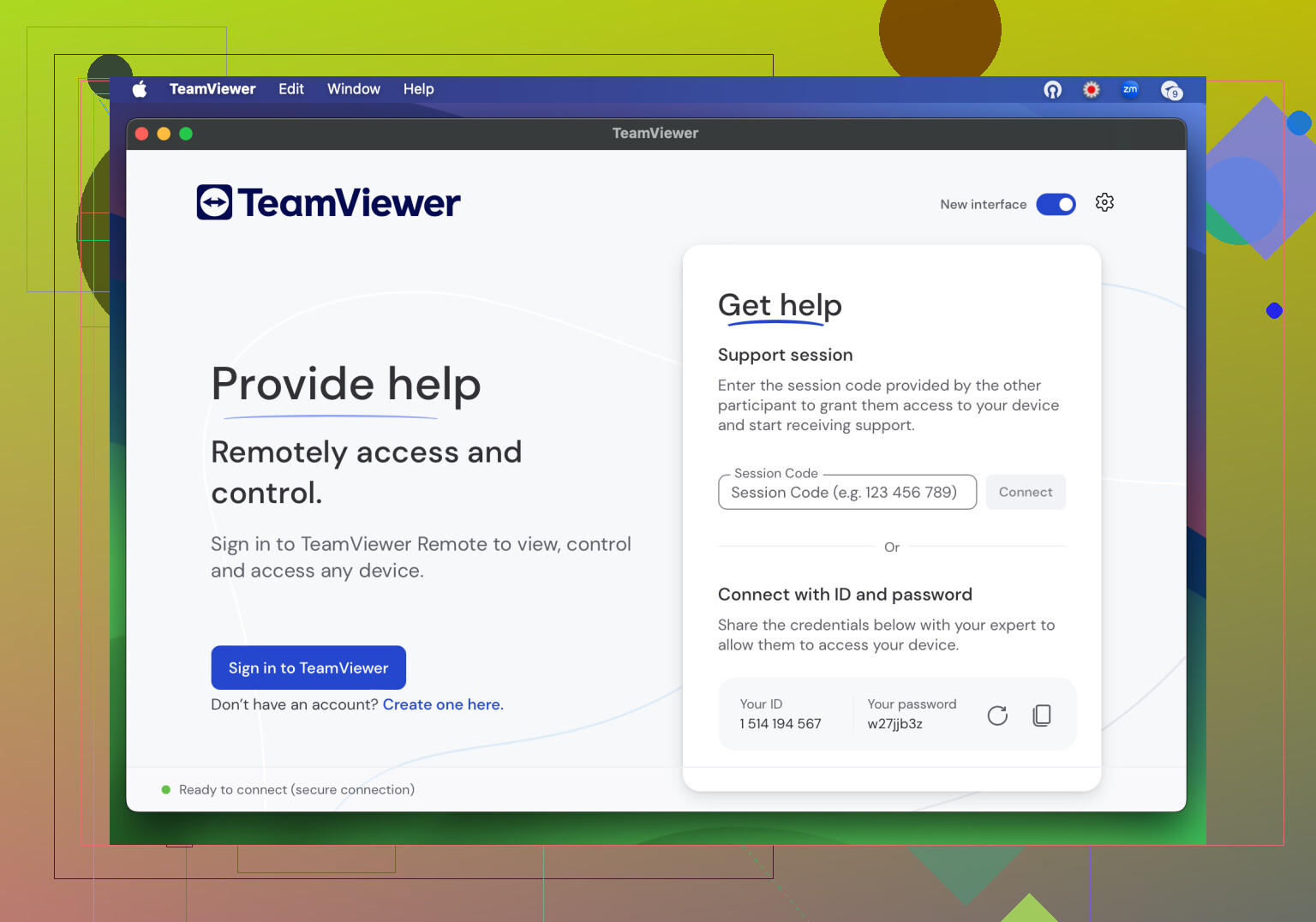I’ve been using LogMeIn for remote desktop access, but pricing and recent changes are making it less appealing for my needs. I’m looking for a trustworthy and easy-to-use alternative for securely accessing my computers. Can anyone recommend a good replacement that won’t break the bank?
hunted for LogMeIn replacements—here’s what I actually found
So I went down the remote-access rabbit hole again (thanks, client with a 2008 desktop). If LogMeIn’s sticker shock has you holding your debit card like it’s a bomb about to go off, you’re not alone. Here’s my non-hyped, real-world rundown of alternatives that didn’t make me want to turn off the WiFi and walk away from tech.
HelpWire: Simple stuff that actually works
Alright, I basically tripped over HelpWire on a forum thread. It’s pitched as a LogMeIn alternative—but for once that claim isn’t clickbait. Picture this: you’re trying to support your uncle who thinks “Incognito mode” gets rid of malware… and you don’t want to coach him through an install.
Pros:
- The interface? Minimalist heaven—no doomscrolling through tabs.
- No need to download anything on the remote machine. Just send a link—done.
- Bank-level encryption, so you won’t be the next headline.
- Free for both home users and small biz; not a 14-day “gotcha” trial.
Cons:
- Still kind of the “new kid”—don’t expect fancy integrations with your ticketing systems yet.
- If your life is on your phone, tough luck; no mobile app (as of June 2024).
AnyDesk: Fast, but not super pretty
Let’s be real: AnyDesk is like that unassuming sedan that’s secretly packing a turbo engine. It’s fast, even when your WiFi decides to cosplay as dial-up. Cross-platform support is there—Windows, Mac, Linux, whatever dusty OS your client’s still running.
Pros:
- Blazing fast, especially when grandma’s router is from 2012.
- Security features that aren’t just marketing talk, plus session recording for, y’know, compliance.
- Won’t cost you a dime for personal use.
Cons:
- The interface feels a bit like it was designed before the word “aesthetic” got trendy.
- Want pro features? Get ready to upgrade (and pay for it).
TeamViewer: The old guard, but…
I swear, every office has “tried TeamViewer” at some point. Here’s the link if you’ve somehow missed it. It’s heavy on features—you’ll find yourself turning features off you never needed. But if you want soup-to-nuts remote access, it’s still kind of the gold standard.
Pros:
- Never choked for me, even when crossing OS types. Security’s solid.
- If you need to impress IT managers, this tool can juggle most requests.
- Works on, like, everything—including ancient corporate laptops.
Cons:
- Price tag will make your wallet weep if you’re a business.
- Uses the “commercial use suspected” message like a sword—sometimes wrongly flags your free sessions.
Short version
Cutting through the marketing fluff: if you want basic, hassle-free, secure remote support, HelpWire is weirdly refreshing—especially if you know your way around but don’t want enterprise-level bloat. If you need more pro power, AnyDesk and TeamViewer are reliable bets (just brace for the business pricing with TeamViewer).
Sick of LogMeIn’s subscription rollercoaster too, huh? Can’t blame you. While @mikeappsreviewer did a solid job with their lineup, I’ll throw in a couple of other angles and push back a bit. AnyDesk and TeamViewer are fine and dandy, but they both eventually try to wrangle cash from your pocket and, honestly, TeamViewer’s “commercial use suspected” voodoo drives me nuts (locked out of my own session while fixing a printer? Rude).
Now, about HelpWire: actually a pretty fresh take. The “no install on remote” trick is clutch when you’re helping your not-so-techy relatives or some random office staff with a Chrome obsession. I think its minimalist UI isn’t just a bonus—it’s a must; less clicking, more solving. Only major letdown: no mobile right now, which, yeah, stings, but if your remote needs are desktop-to-desktop, it’s hard to beat. Free for small potatoes is the icing, and fewer “gotchas” in the TOS compared to others.
If you’re security-obsessed, maybe make sure you understand how their encryption is set up—new kids sometimes cut corners, even if they don’t mean to.
Oh, and while I’ve heard good things about Chrome Remote Desktop for super simple needs, it’s barebones and gives no support for file transfer or multi-monitor jazz.
To sum up: if you’re hunting for easy, secure, and NOT LogMeIn-priced, HelpWire’s honestly worth a look. Just don’t pick it if you’re married to mobile access (yet). The rest are good, but come with some flavor of the same business-pricing blues as LogMeIn down the line.
Honestly, all the “usual suspects” (TeamViewer, AnyDesk, whatever flavor of Chrome Remote Desktop) always pop up in these threads, and you already got a solid take from @mikeappsreviewer and @andarilhonoturno on their pros/cons. Totally hear you on LogMeIn and their pricing—at this point, I think they’re just seeing how many commas they can fit in an invoice before people bail.
I’ll say this: HelpWire is getting all the right buzz for desktop-to-desktop—especially if you’re in the “helping family/friends/that-guy-from-accounting-who-never-read-the-IT-FAQ” zone. No remote install required is gigantic if, like my last remote session, you were trying to walk someone through opening Windows Explorer—yikes. The zero-cost angle for home/small biz use is a win, although I do agree with @andarilhonoturno’s point: if you’re hooked on mobile, HelpWire isn’t there yet.
That said, for die-hard tinkerers or those who need a little more grunt and don’t mind a DIY approach, look at RustDesk. Self-hosting might be daunting, but you dodge the “cloud is down = you’re locked out” drama, and you keep things 100% in-house. Flipside? Grandma is not setting up RustDesk by herself on a Sunday morning.
Chrome Remote Desktop is a “meh” fallback for very basic stuff—if you want file transfer or something more than just staring at the screen, don’t bother.
So yeah, HelpWire is probably the best LogMeIn alternative for most normal people right now—unless you’re married to mobile access or super-nitpicky on integrations (fair warning, it’s still a bit shiny-new on that front). Enterprise folks with checklists a mile long? Stick with TeamViewer/AnyDesk and pray your budget covers it. In the end, function over flash wins.
Here’s the blunt version before anyone’s eyes glaze over: LogMeIn isn’t the only show in town—far from it now that subscriptions feel like car payments. The hype for HelpWire doesn’t come from nowhere. Zero-install is huge for non-tech friends and the “just let me in already” crowd. Security’s up to par (AES over TLS, so you’re not gambling), and for basic, low-hurdle support, it’s honestly a relief compared to multi-tab behemoths like TeamViewer (which, yeah, still has every tool and a kitchen sink—if you’re cool with constant “commercial use detected” nags).
But, gotta say, HelpWire being desktop-only (for now) and lacking some deep integrations makes it less ideal for mobile-first or big-IT setups. If you’re after checklists, user management, or mass deployment—think AnyDesk or TeamViewer.
Chrome Remote Desktop? Only in emergencies or for glancing at grandma’s files. RustDesk—for those who enjoy spinning up their own servers and debugging firewalls on a Friday night, good on you, but it’s not for everyone.
To tally it up:
HelpWire pros: dead simple, instant remote link, free for home/small biz, strong encryption, no install for guests.
HelpWire cons: no mobile, new(ish), features still growing, no API-y goodness.
Others have their takes, but for most regular use, not being hit with weird licensing and install headaches feels like a win. If accessing your systems—fast and fuss-free—matters more than advanced IT fluff, try HelpWire. If not, AnyDesk or TeamViewer still do the job (wallet pain and all).
Pick what matches your frustration threshold.


